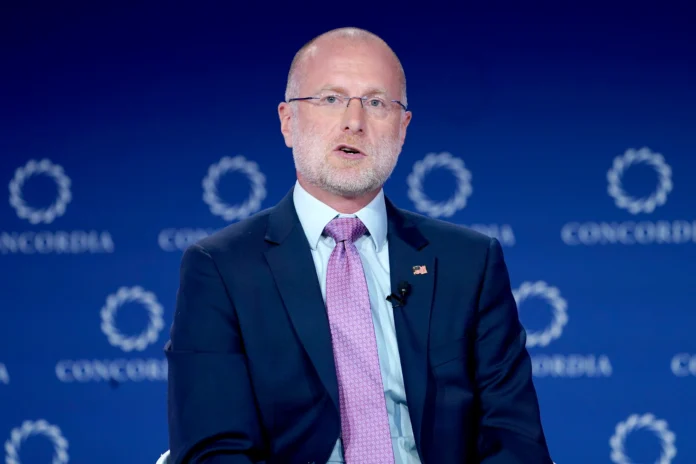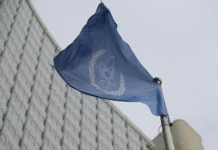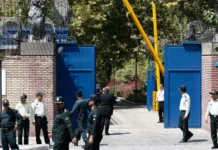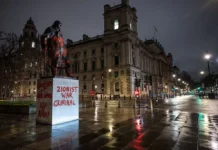The Federal Communications Commission has initiated a formal review of the contractual relationships between national television networks and their local affiliate stations, a move that comes in the wake of President Donald Trump’s repeated calls to revoke the broadcast licenses of ABC News.
The announcement from FCC Chair Brendan Carr on Wednesday, November 19, 2025, has ignited a fierce debate about media freedom and regulatory independence.
The review will scrutinise agreements that govern how local stations broadcast content from their parent networks, such as ABC, NBC, and CBS. Specifically, Chair Carr stated the probe would examine clauses that penalise local broadcasters for pre-empting national programming and those that restrict them from airing content from rival networks.
Carr explained that the review was necessary because national programmers are “reportedly preventing those broadcasters from serving their local communities — including by punishing them for exercising their right to preempt national programming.” He added that the review would cover when stations can opt not to air programming on public interest grounds.
The context for this regulatory action is deeply political. The White House has recently ratcheted up its attacks on ABC News over its critical reporting, with President Trump publicly suggesting that the FCC “should move to revoke the broadcast licenses of Disney-owned ABC stations.”
However, legal experts and industry observers have been quick to point out a fundamental jurisdictional limit: the FCC issues eight-year licenses to individual local broadcast stations, not to national networks like ABC, making Trump’s direct threat legally complicated.
The timing and nature of the FCC’s review have raised alarm among press freedom advocates, who see it as a regulatory response to political pressure.
Critics argue that using the power of the state to scrutinise the business dealings of a specific news organisation following negative coverage from the White House creates a chilling effect and threatens the First Amendment. While framed as an effort to empower local stations, the review is widely perceived as a direct consequence of the president’s grievances.
The FCC, an independent agency, now faces the challenge of conducting its review without appearing to capitulate to political influence. The proceeding will likely involve public comments and could take months to complete.
The outcome has the potential to reshape the economics of American television broadcasting, but the immediate question is whether this regulatory move will be seen as a legitimate policy exercise or an escalation in the administration’s campaign against critical media.
By Were Kelly
Source: Reuters, Deadline, MarketScreener, KSL.com



















